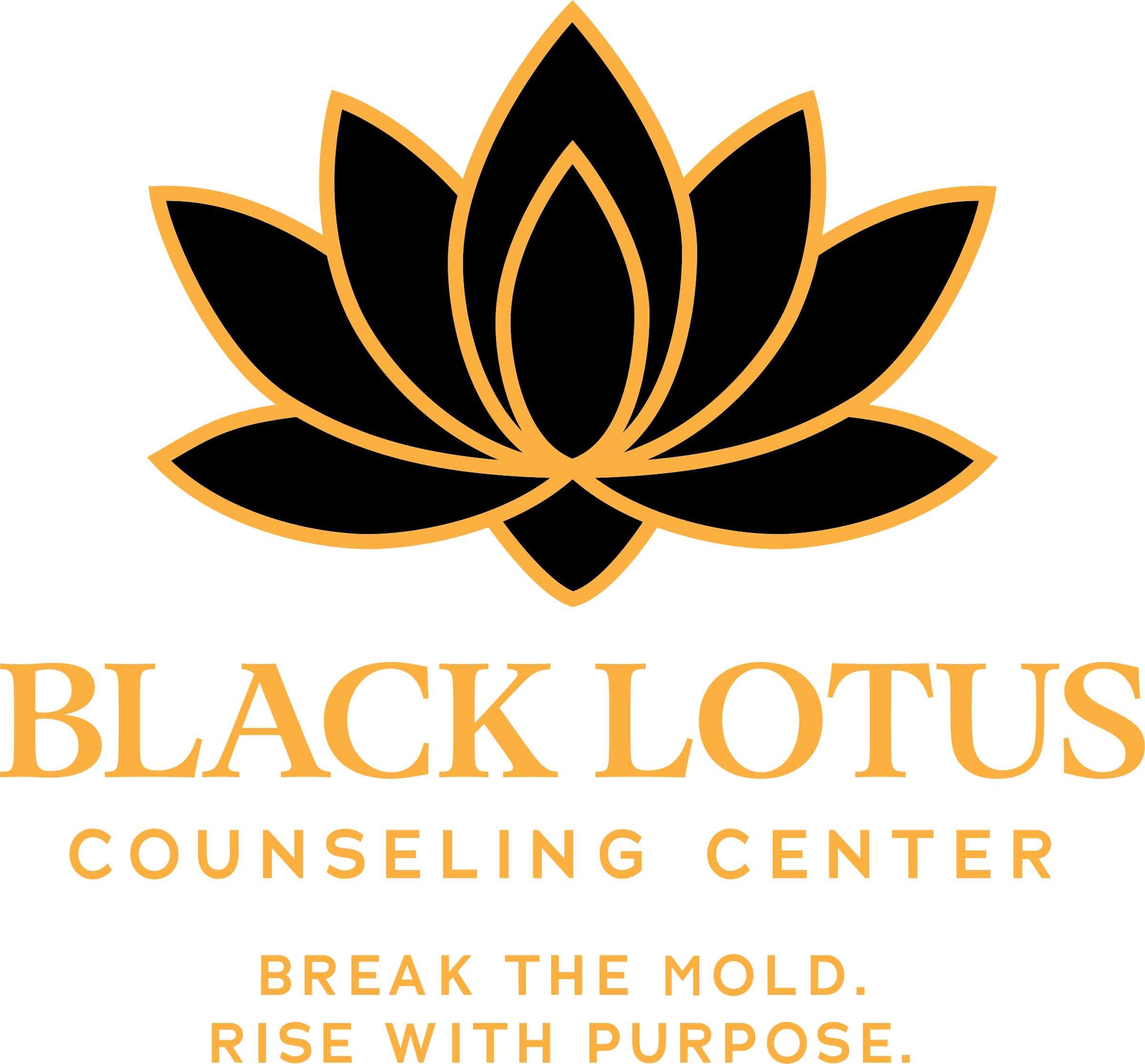Love is not always enough.
- Black Lotus Counseling Center
- Aug 29, 2025
- 3 min read
Love Isn’t Enough: Why Accountability and Willingness Are the Real Game-Changers in Relationships
We’re taught from a young age that love can conquer all. Movies, songs, and social media often paint love as the ultimate fixer—the cure-all to pain, miscommunication, and even emotional wounds. But in real-life relationships—romantic, familial, or otherwise—love alone isn’t enough to heal what's hurting.

When a partner, parent, or loved one struggles with emotional regulation, explosive anger, or destructive communication patterns, it can feel like love is constantly put to the test. We may tell ourselves:
“If I just love them more, they’ll change.”
“They didn’t mean it—they’re just stressed.”
“They’re hurting. I can’t give up on them.”
While these thoughts may come from a place of compassion and loyalty, they often lead us to minimize our own emotional pain and tolerate behavior that chips away at our sense of safety and peace.
Love Can’t Exist Without Emotional Safety
In my counseling work, I often remind clients:

You can’t build healthy love in a space where your nervous system is constantly bracing for impact.
When emotional outbursts, anger, stonewalling, or blame become routine, the relationship shifts from a source of connection to a source of anxiety.
Here’s the truth many people struggle to admit:
Change doesn’t come from love alone. It comes from accountability and willingness.
If a person is unwilling to recognize the harm they’re causing, take responsibility for their reactions, and seek tools to change—that’s not a love problem. That’s an accountability problem.
---
Love Does Not Excuse Harm
Here’s a sample message that many clients have found helpful in navigating difficult relational dynamics:

> “I care about you and I want us to have peaceful time together, but the way things escalate when you're angry really affects me. I feel anxious, shut down, and emotionally unsafe. From now on, if yelling, blame, or shutdowns happen, I’ll take space to protect my peace. I hope you’re willing
to work on this—because I believe we can do better, but only if it’s safe and respectful for both of us.”
This kind of boundary isn’t cruel or punitive. It’s clear, grounded, and rooted in self-respect. It sends the message:
> “I love you, and I love myself enough to protect my peace.”
---
What Real Change Requires
If you or someone you love is stuck in a cycle of emotional volatility, remember that healing and transformation require:
1. Self-awareness – Recognizing the pattern, not just the pain
2. Willingness – A genuine desire to change, not just a fear of losing someone
3. Tools – Therapy, emotional regulation skills, communication strategies

4. Consistency – Change that shows up not just in words, but in sustained action
You can love someone deeply and still say:
“This isn’t healthy. And I’m not staying in harm’s way while hoping you’ll change.”
---
Final Word: Love Is the Seed—But Growth Takes More
Love might be the seed, but accountability is the water, and willingness is the sun. Without both, even the deepest love won’t grow into something safe, secure, and sustainable.
If you’re navigating this in your relationship—or witnessing it in your family—you don’t have to do it alone. Therapy can provide a space to explore, reset, and rebuild, with compassion and clarity.
You deserve love that brings you peace—not pain.




Comments